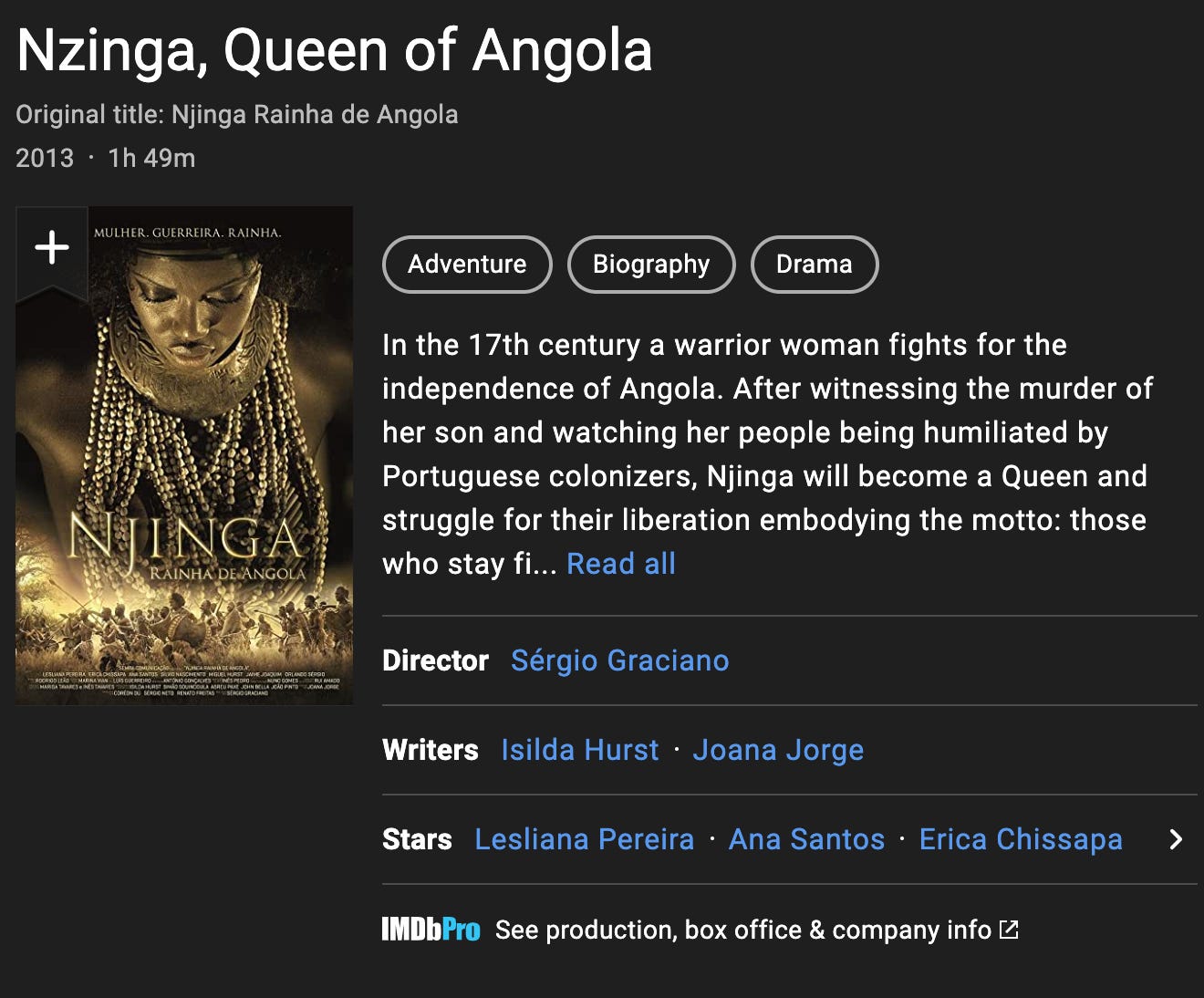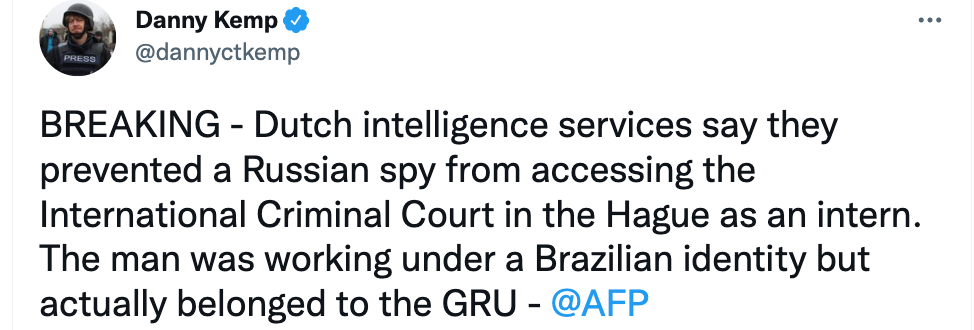#5 Angola
Welcome to the 195 series, where I take you on a mini-tour of every country (and maybe some places that want to be countries). Each week I'll feature a new location. Some you may have heard of, while others may be new to you. The point is to learn and nurture our curiosity about the wider world. Maybe you'll find a new artist or musician you like, too.
Here's the link to copy and paste in your browser if you're interested in supporting this project: https://lazo-letters.ghost.io/#/portal/signup. You can sign up for $2 a month or $22 a year.
SOME PROGRAMMING: LAZO Letters will be off for the next two weeks as I, Cristina, travel to Texas to report on Afghan refugee resettlement. I will see you all back here in July!
Country Info:
Population: Roughly 32.87 million.
Current government: Angola is a multiparty democracy with a President of the Republic, a National Assembly, and Courts. João Manuel Gonçalves Lourenço has been the president of Angola since 2017.
That year, people hoped that Lourenço would break from the authoritarian and corrupt tendencies of his predecessor, José Eduardo dos Santos.
But his rule left many disappointed and a broad political opposition, the People’s Movement for the Liberation of Angola (MPLA), formed a coalition against him.
Angola will hold elections in August this year.
Languages spoken: Portuguese is the official language (Angola gained independence from Portugal in 1975). Umbundu, Kimbundu, and Kikongo are the most widely spoken indigenous languages.
Religion: About two-fifths of the population is Roman Catholic, and another two-fifths are Protestant. The remainder practices traditional indigenous religions.
Standout artist: Osvaldo Ferreira is a painter and artist whose work focuses on Angolan society and intergenerational continuity.

Standout musician: David Zé. His music is so much fun. He started playing when Angola was still a Portuguese colony, and his music often includes anti-colonialist messages.
Standout film: Njinga, Queen of Angola. It premiered in Luanda in 2013. You can watch the trailer here, but if you enjoy watching attractive women slash fictional colonialists with swords, this is the film for you.
A surprising thing: Angola's capital Luanda is one of the most expensive cities in the world. Rent is typically over $6,000 a month.
Story of the week: Angola is set to become Germany's first green hydrogen renewable energy supplier after its state-owned energy company Sonangol signed a letter of intent to build a factory with two German companies.
NPR also has a photo essay of Angola's highly trained all-female demining squad working to rid the country of anti-personnel and anti-tank mines. Angola is one of the most mined countries in the world following decades of civil war that began with the end of colonization in the 1970s and ended in 2002.
What I'm writing:
• Washington is on a mission to help Europe ditch Russian gas by increasing infrastructure for liquefied natural gas across Central and Eastern Europe and redirecting gas supplies from Eurasia. This story is locked, so here's a Twitter thread with the takeaways.
What I'm reading:
• European Commission President Ursula von Der Leyen recommended that Ukraine get EU candidate status. All members of the EU Council will now debate the topic at their summit next week.
• Russia has repeatedly used cluster munitions — a type of weapon that drops explosives indiscriminately on a wide area — in the Ukrainian city of Kharkiv, according to a new report by Amnesty International.
• Russian forces destroyed the last bridge linking Severodonetsk to the Ukrainian-held city on the other side of the river, cutting off all routes for evacuating citizens, Reuters reports. Serhiy Haidai, governor of Ukraine's Luhansk region, also said Russia is destroying high-rise buildings in the city.
• Western intelligence and military officials believe Russia's war in Ukraine is in a critical stage that could determine the long-term outcome of the conflict, CNN reports. "I think that you're about to get to the point where one side or the other will be successful," a senior NATO official told CNN. "Either the Russians will reach Slovyansk and Kramatorsk or the Ukrainians will stop them here. And if the Ukrainians are able to hold the line here, in the face of this number of forces, that will matter."
• Russian people and companies are using entities in Georgia to bypass Western sanctions, Reuters reports.
• German Chancellor Olaf Scholz – who was slammed by Ukrainian President Volodymyr Zelensky for attempting to balance his country's relationship with Ukraine and Russia – told Serbia it should end its balancing act between the European Union and Moscow and adopt the bloc’s sanctions, Bloomberg reports.
• Carl Bildt, the European Union special envoy for the former Yugoslavia in the 1990s, said that Serbia’s official stand on the Russian invasion of Ukraine disqualified it from the EU accession process, N1 reports.
• Bulgaria’s coalition government will face a no-confidence vote next Wednesday, June 22, preceded by an emergency debate on Tuesday, Balkan Insight reports.
• Right-wing candidates look set to triumph in critical regional capitals across Italy after the country voted for mayors in almost 1,000 towns and cities, Politico Europe reports.
• French President Emmanuel Macron could lose his majority in the National Assembly after the first round of France’s parliamentary elections showed his candidates neck-and-neck with leftist rivals, complicating the French leader’s efforts to implement his pro-business agenda, the Wall Street Journal reports.
• The British government unveiled new legislation unilaterally amending the Northern Ireland protocol as tensions rise between Brussels and London over post-Brexit trading arrangements, the Daily Beast reports in an article entitled Boris Johnson Announces Law to Overturn the Treaty Europe Signed With Boris Johnson. The Johnson-led government argues that trade rules for Northern Ireland, agreed upon as part of the Brexit deal, are not working.
• Wikileaks founder Julian Assange’s extradition to the U.S. has been approved by the U.K.’s Home Secretary Priti Patel. Assange has 14 days to appeal the decision, the BBC reports.
• Nicaragua's Congress renewed a decade-long decree allowing Russian forces to train in the country, Reuters reports.
• Colombia's police are on maximum alert after detecting plans by radical groups to reject the results of a second presidential election vote today, Reuters reports.
• Iran and Venezuela, both oil producers subject to crippling U.S. sanctions, signed a 20-year cooperation plan in Tehran. The plan includes cooperation in oil, petrochemicals, defense, agriculture, tourism, and culture, Reuters reports.
• An Iranian police officer who defied orders to shoot at protesters in 2019 could be deported from the United Kingdom to Rwanda, a close ally of Tehran, the BBC reports.
• Last-minute legal challenges grounded a flight scheduled to take asylum seekers from the U.K. to Rwanda, the New York Times reports.
• After eight months of political paralysis in Iraq, cleric Moqtada al-Sadr’s group of 73 lawmakers stepped down in the most significant shakeup in Iraqi politics since an October election saw Iran-backed Shiite blocs losing seats to the Sadrists, CNN reports.
•A Cambodian court convicted opposition politicians and activists in one of two mass trials on politically motivated charges, Human Rights Watch said in an email. The cases are part of the government’s broader crackdown on Prime Minister Hun Sen’s political opponents.
• Theary Seng, a Cambodian American lawyer and a human rights activist, was sentenced to six years in prison as part of Cambodia’s crackdown on opponents of Hun Sen, the New York Times reports. Seng was a refugee who escaped Cambodia’s killing fields and returned to the country from the U.S. to help build democracy. She often wore extravagant costumes as a form of nonverbal protest.
• Regional authorities in the eastern Democratic Republic of Congo said Rwandan soldiers and artillery had supported attacks by the M23 rebel group. Rwanda denies backing the M23 offensive, Reuters reports.
What the State Department says:
You can write to me for any reason at c.maza@protonmail.com.










